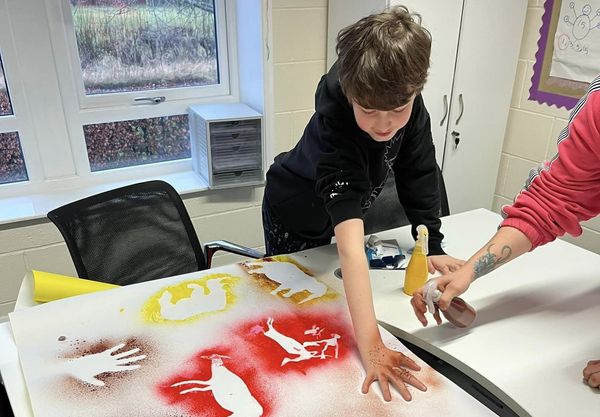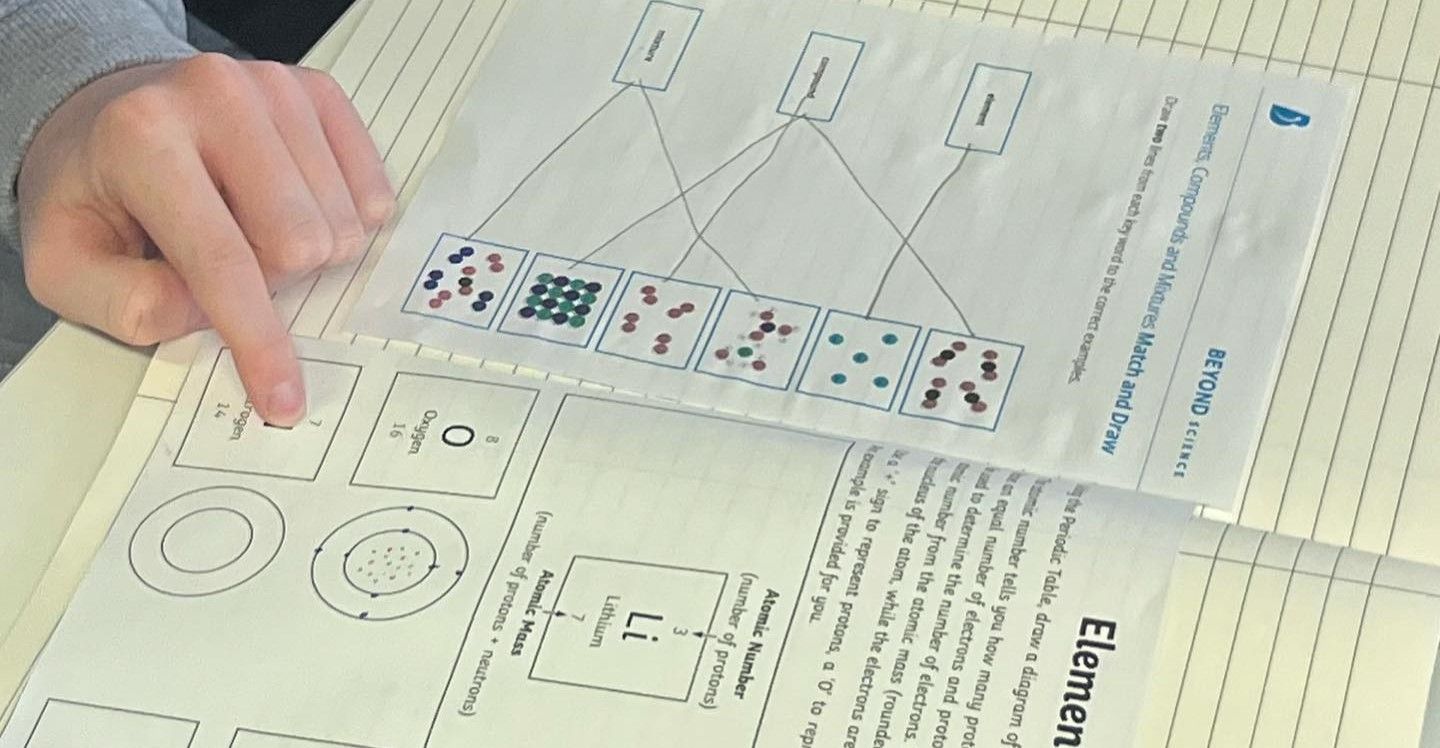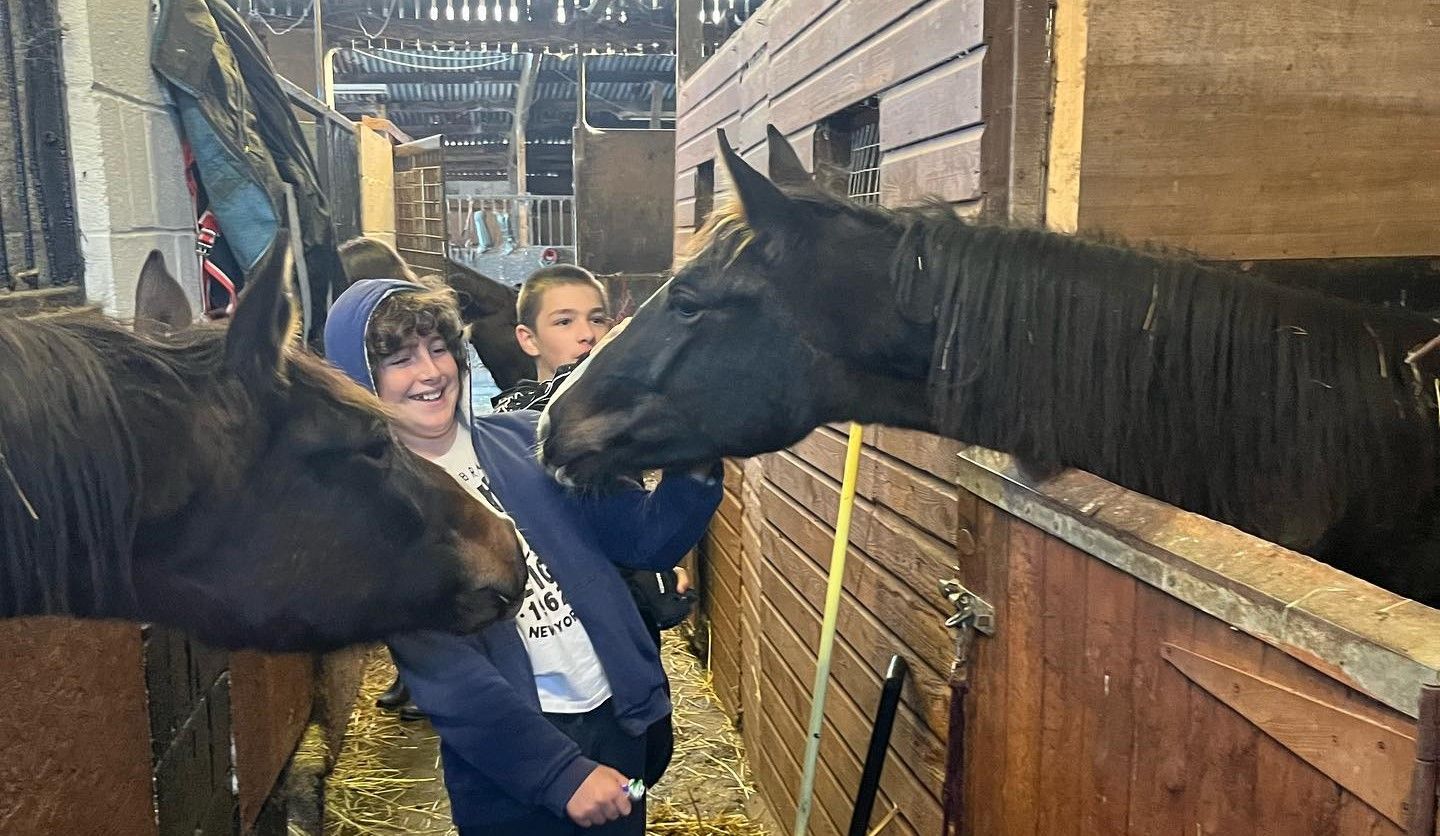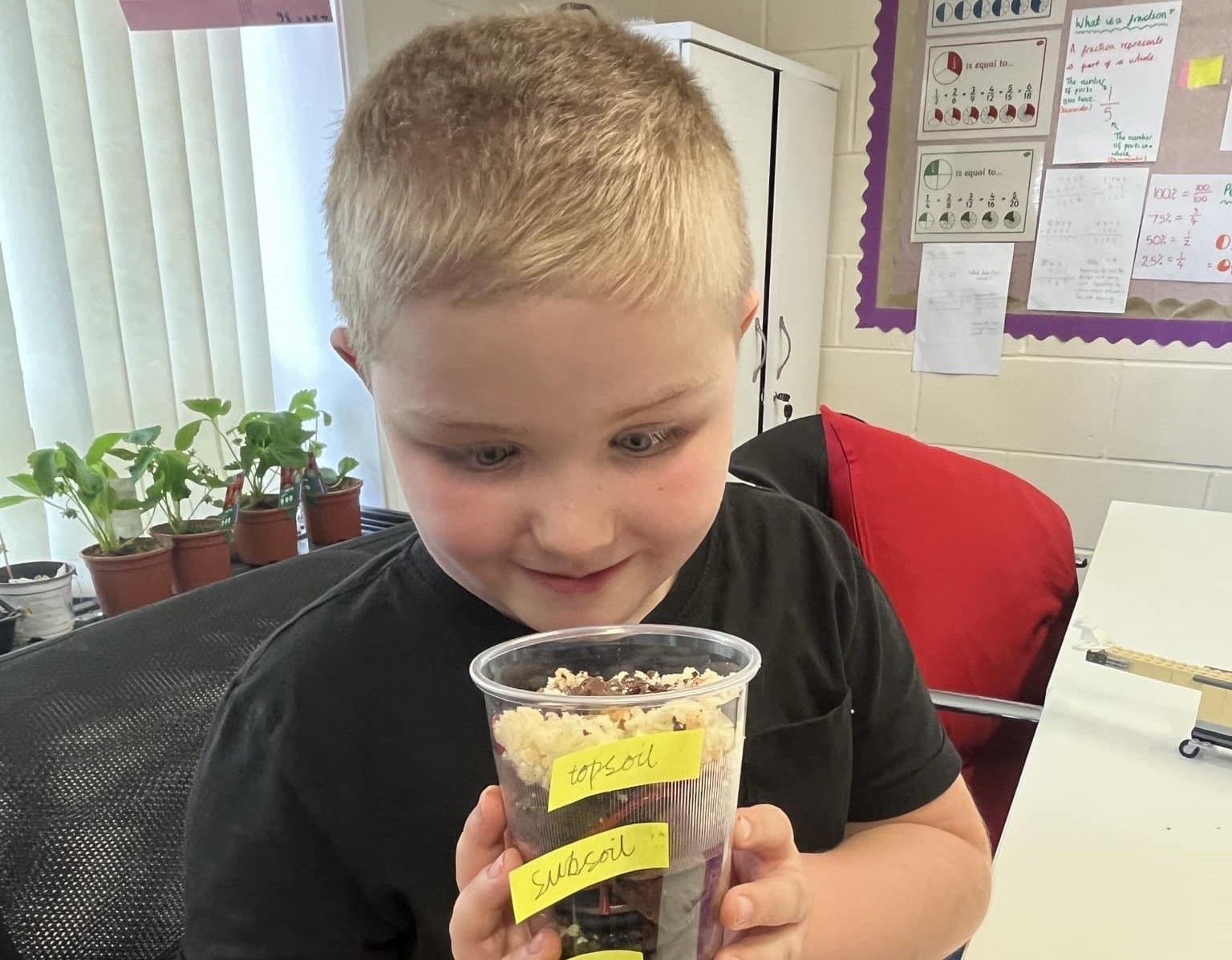Parents of neurodivergent children turning to alternate provisions
February 22, 2024As school attendance figures have slipped following the Covid pandemic, parents of neurodivergent children have

As school attendance figures have slipped following the Covid pandemic, parents of neurodivergent children have been looking for new alternatives to mainstream education for their children.
Recent figures from the Department for Education (DfE) has shown that one in five children in England are persistently absent from school, which is double the amount from before the pandemic.
Now, many parents of neurodivergent children in particular are finding alternative provisions to mainstream education following a lack of support from their schools. One study found that 92.1% of children with school attendance difficulties were neurodivergent, which includes autism, ADHD, and dyspraxia.
Laura’s daughter Olivia* has ADHD, and has been in and out of school over the last few years.
“My daughter was in Year Three, shortly before lockdown, and during one lesson a classmate brought up a scary image on one of the class tablets and it really upset her. It triggered something in her that caused her to become more attached and anxious.
“In school, her friends started teasing her about it. At the same time, she started showing more signs of having ADHD, and was being picked on for it. She was completely freaked out and no longer felt like school was a safe space.
“After a family loss, she completely stopped going to school. Whenever she wasn’t in bed, she was on the sofa under a blanket. She wouldn’t brush her hair or her teeth. She didn’t even want to go outside in case people from school asked where she had been.”

Olivia then started attending Teach Me Happy, which is an alternative provision for children outside of mainstream education.
“Teach Me Happy gave my daughter time to heal and enjoy learning again. She has now started her secondary school education, has made a new group of friends, and has plans of what she wants to do next.”
Teach Me Happy was set up in 2023 by two primary school teachers, Georgia and Adele.
“We both had experience working with children who were incredibly bright, but who weren’t coping because their needs weren’t being met.”
Adele is neurodivergent herself, and has two neurodivergent children.
“I saw my son really struggling, but he always managed to keep it beneath the radar at school. But when he got home I could see how much it was impacting him. So we sat down and thought, “what can we do to help kids like this?””
The provision has grown in popularity, with Adele adding “We started off with primary schooling, and quickly had to introduce secondary too. In just over a year of being open, we’ve gone from having 1 pupil to 50!”

Their main aim is to give children a break from mainstream school, and then become the first step back into education for them. "We make sure they have access to tutors, occupational therapists and a wide range of resources to support them on their journey.”
The day is structured in a way that supports pupils to get back into learning. “We do short lessons in the morning, making sure our children are offered the same quality of education as every other child. Then in the afternoon we do skill based activities, like gardening or going over to the farm for horse therapy.
“We’ve had huge successes of kids that haven't gone to school for years, now back in school doing their GCSE’s. Others have used their new skills to get scholarships. We celebrate whatever they go on to do. Our job is to make sure they go on to have fantastic outcomes in life.”
But while figures on absences from school are rising, Adele says that more needs to be done. “This is definitely a growing problem, and we are seeing more and more children coming through our doors. As an alternative provision, there shouldn’t be so much of a need for us, but there is.”

Henry Shelford, CEO at ADHD UK, said “There is a devastating lack of support for neurodivergent children with schools often finding it easier to exclude children, or let them slip into self-exclusion, rather than putting the needed support in place.
“Neurodivergent children are being failed by a government that can't even be bothered to count how many we are - let alone put in the meaningful support that we know can revolutionise lives.”
The Department for Education has been approached for comment and this page will be updated accordingly.
*Names have been changed for anonymity
Images courtesy of Teach Me Happy